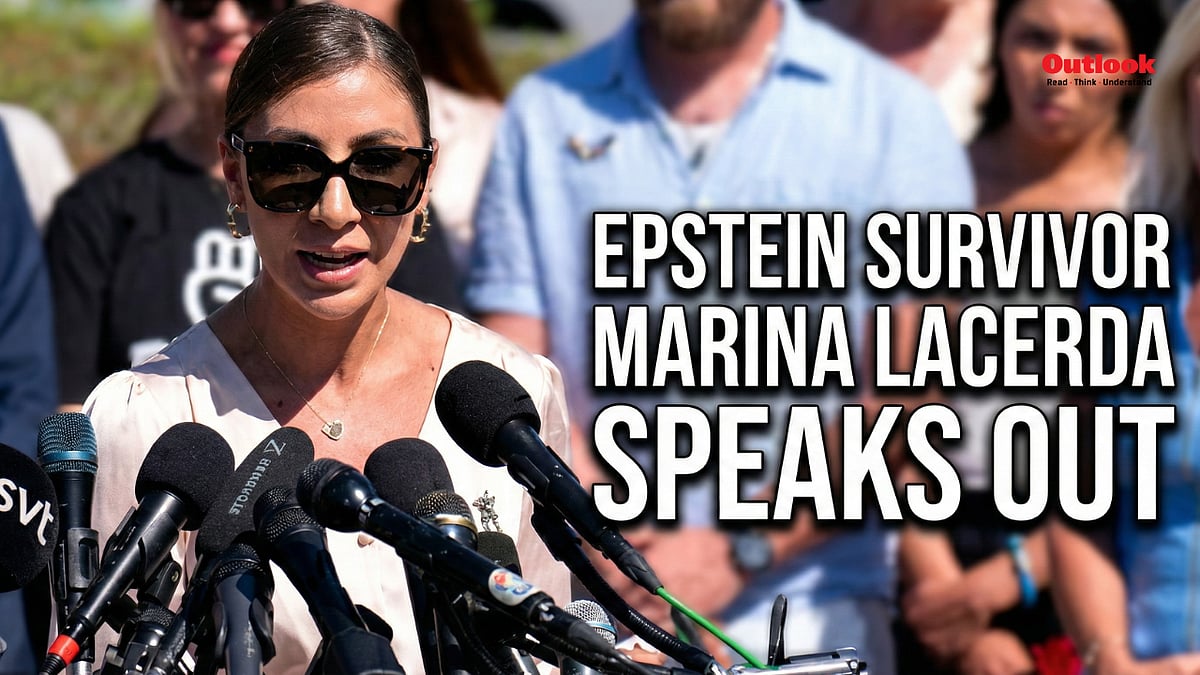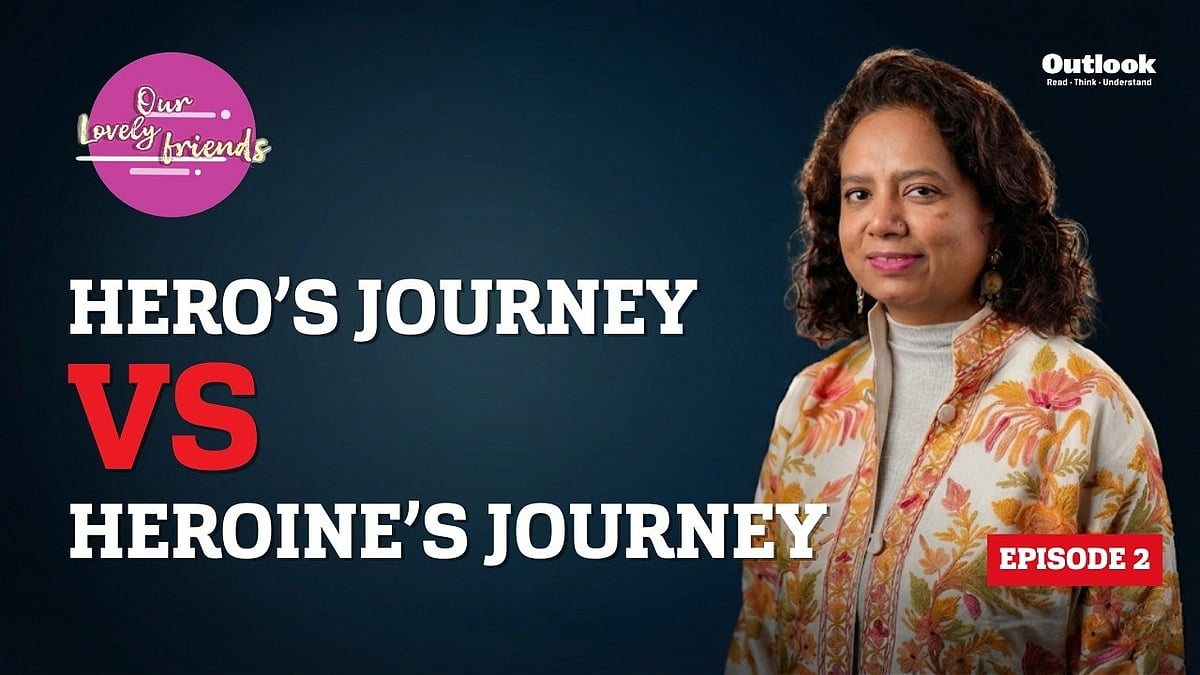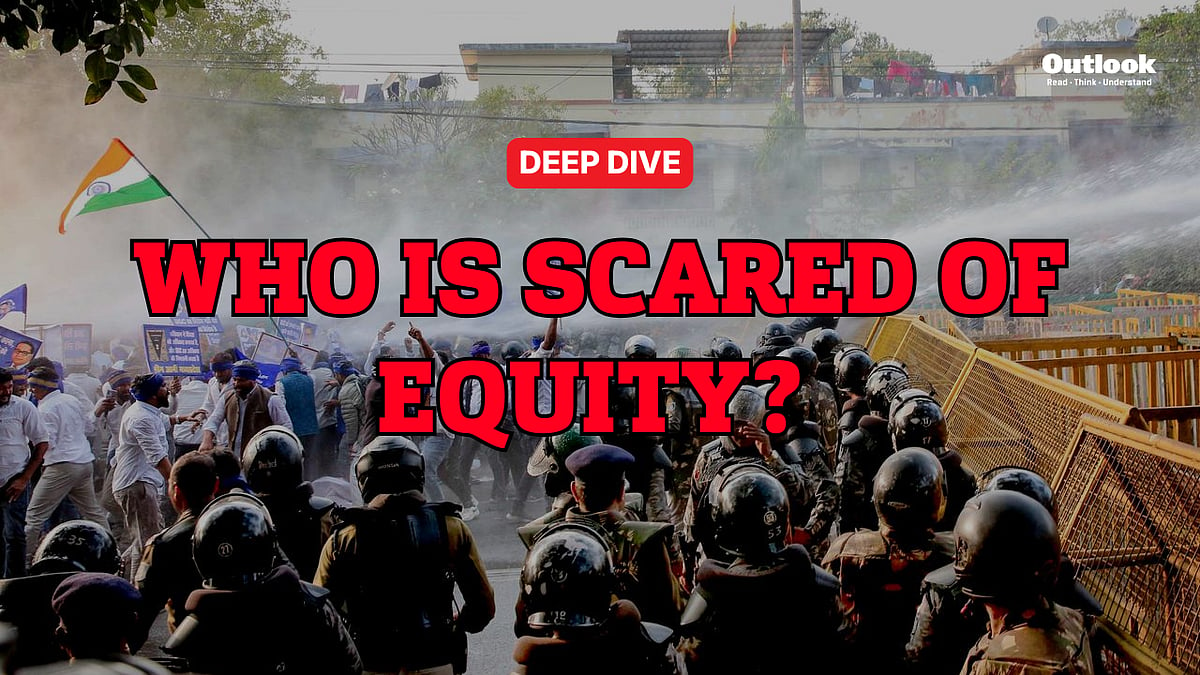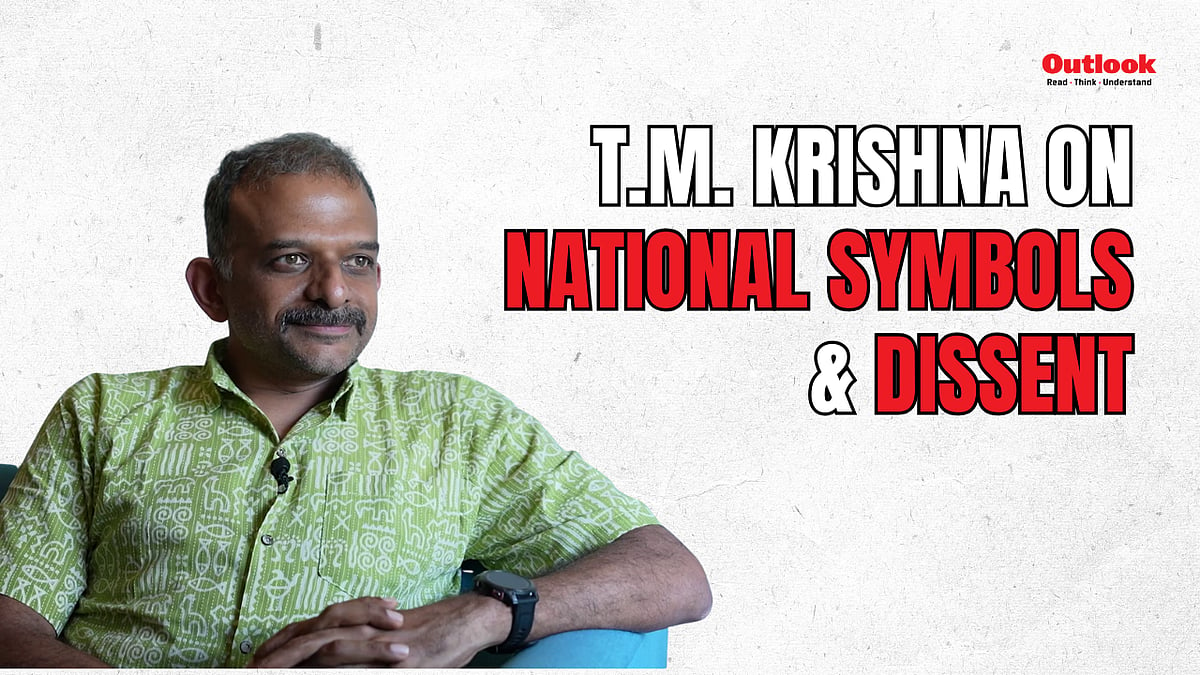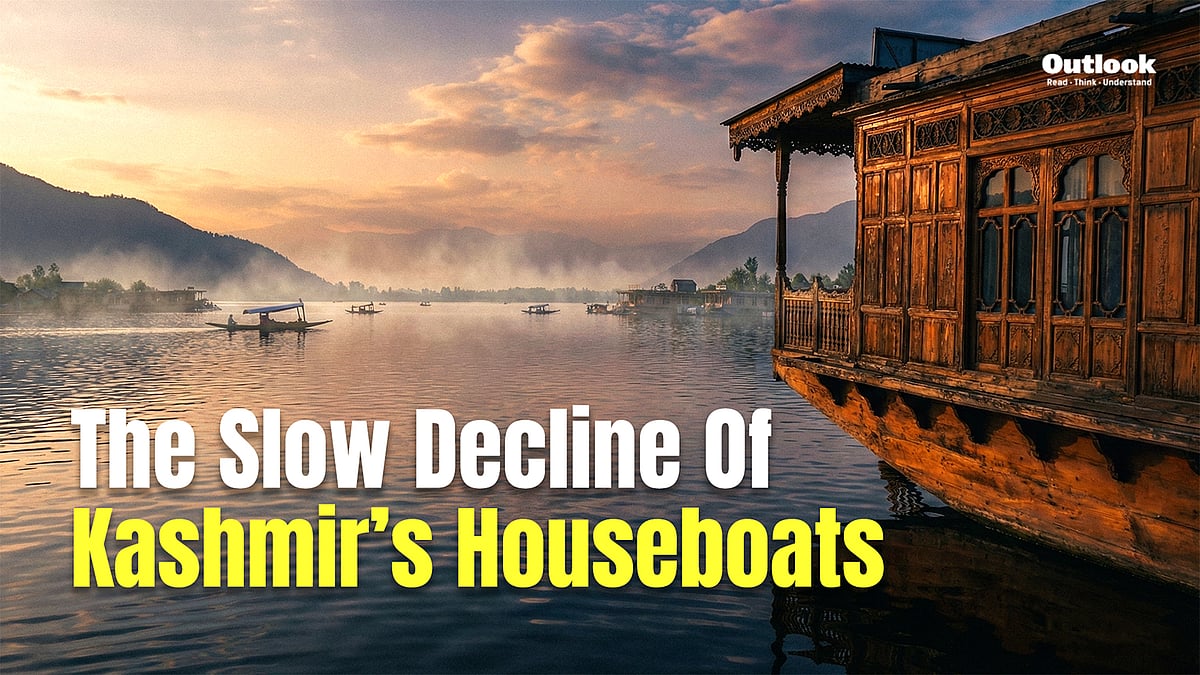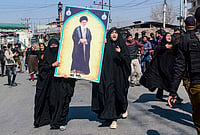Navigating daily life is hard enough. But when you're battling an illness that others, and sometimes even you, struggle to acknowledge, the world becomes even more hostile. It's like standing in a room with a vase on the table, but everyone insists it’s a book—or worse, claims there’s nothing there at all. Your reality is denied, dismissed, or distorted. And if you're without financial resources, family support, or a place to live, especially as a woman, just surviving becomes a full-time fight. Shelter, food, safety, dignity: all become harder to access.
This Independence Day, Outlook India asks: Can we imagine a nation where freedom includes freedom from the stigma of mental health illness?
Even today, many shy away from words like therapy, mental illness, or treatment. Before we even get to conditions like schizophrenia, bipolar disorder, or psychosis, there is a reluctance to name common struggles like depression, anxiety, OCD, or ADHD. Mental health literacy remains dangerously low, even as these terms are thrown around casually in everyday conversation.
In India, mental illness is not just a health issue. When poverty, caste, and gender shape your place in society, being mentally unwell can also mean being socially shamed, abandoned, or punished.
An estimated 70 to 92% of Indians with mental illness receive no treatment at all. Access to care is determined not just by geography or money—but by who society says you are.
In collaboration with The Banyan, a Chennai-based NGO working to dismantle stigma and build systems of care, we bring you stories from across the country where mental illness intersects with caste, incarceration, homelessness, and gender; where access to care is still the exception, not the norm.


